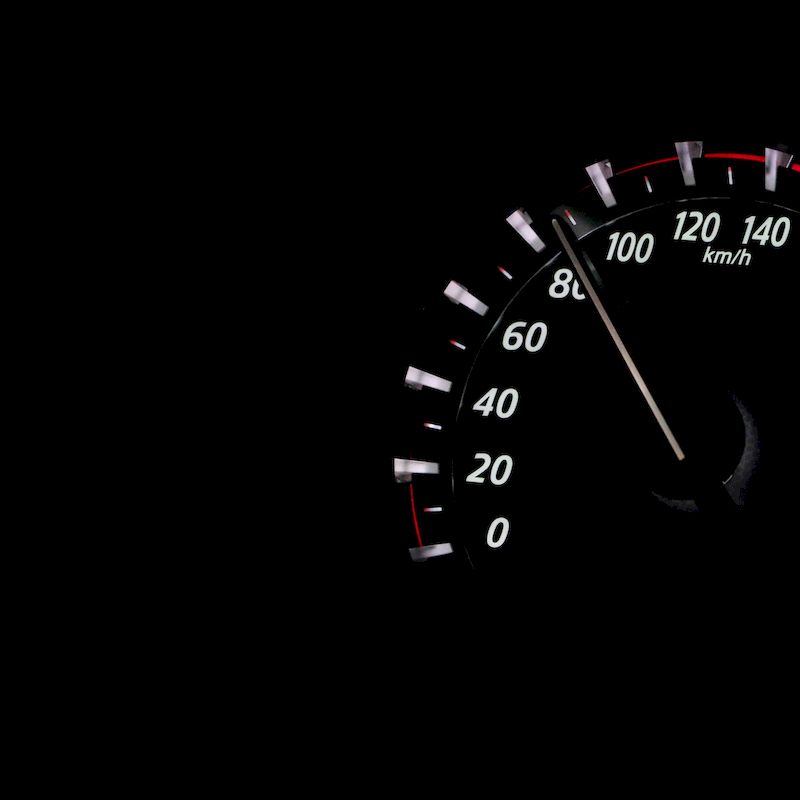Introduction
Disposing of car batteries is an important responsibility for car owners. Not only do car batteries contain toxic substances that can harm the environment, but improper disposal can also result in legal penalties. This article aims to provide you with comprehensive guidance on how to dispose of car batteries safely and responsibly. From understanding the types of car batteries to exploring legal regulations and eco-friendly disposal methods, we’ll cover all crucial aspects of this topic.

Understanding Car Batteries
Types of Car Batteries
Before diving into the disposal process, it’s essential to understand the different types of car batteries that exist. The most common types include:
- Lead-Acid Batteries: These are the traditional car batteries found in most vehicles. They are heavy and usually recyclable.
- Lithium-Ion Batteries: Increasingly used in electric vehicles (EVs) and hybrid cars, these batteries present different disposal challenges due to their chemical composition.
- Nickel-Metal Hydride (NiMH) Batteries: Common in hybrid vehicles, these batteries can also be recycled but need special handling.
The Environmental Impact
Car batteries can leak harmful chemical substances such as lead, sulfuric acid, and cadmium. When improperly disposed of, these substances can contaminate soil and waterways, posing significant risks to both wildlife and human health. Understanding the environmental impact of improper disposal is crucial in motivating responsible habits.
Legal Regulations Surrounding Battery Disposal
Federal Regulations
In the United States, the Resource Conservation and Recovery Act (RCRA) governs the disposal of hazardous waste, including car batteries. Under these regulations, lead-acid batteries must be recycled, and it is illegal to dispose of them in landfills. Violating these laws can lead to hefty fines and legal consequences.
State Regulations
Each state may have its own set of rules regarding battery disposal, including specific recycling requirements and drop-off locations. It’s important to check your local regulations to ensure compliance. Many states also have programs in place to incentivize recycling, making the process more accessible and convenient.
Safe and Responsible How to dispose of car batteries Methods
Recycling Programs
One of the most effective ways to dispose of car batteries is through recycling programs. Many auto parts stores, battery retailers, and recycling centers offer battery recycling services. When you bring your old battery to one of these locations, it will be recycled and repurposed, minimizing waste and environmental impact.
Return to Retailer
When purchasing a new car battery, most retailers will offer a service to take back your old battery. This is a convenient and responsible option that ensures your old battery is disposed of correctly. Many stores provide a discount on your new battery purchase when you return your old one, creating a win-win situation.
Contacting Local Waste Management
If you’re unsure about where to take your car battery, you can contact your local waste management authority for guidance. They can provide information on recycling programs and hazardous waste disposal opportunities in your area. This resource can help ensure that you adhere to laws and regulations while benefiting the environment.
Steps for Proper Car Battery Disposal
Step 1: Gather Needed Materials
Before disposing of your battery, ensure you have all necessary materials on hand, including:
- Protective gloves to prevent skin contact
- Safety goggles to avoid eye contact
- A sturdy, non-conductive container for transport
Step 2: Disconnect the Battery
When removing the car battery, always follow these steps:
- Ensure the car is turned off and parked on a flat surface.
- Wear protective gear, including gloves and goggles.
- Disconnect the negative terminal first (usually black) followed by the positive terminal (usually red).
- Carefully lift the battery out of the car, keeping it upright to avoid spilling any acid.
Step 3: Transporting the Battery Safely
When transporting the battery, use a non-conductive container or a battery carrier. Make sure it remains upright, and be mindful of temperature extremes and potential leaks.
Step 4: Choose a Disposal Method
Decide on a disposal method from the options discussed in the “Safe and Responsible Disposal Methods” section. Drive directly to your chosen destination, whether it’s a recycling center, a retailer, or your local waste management facility.

Best Practices for Preventative Maintenance
Extend Battery Life
Proper maintenance can prolong the lifetime of your car battery, delaying the need for disposal. Here are a few tips:
- Regular Inspections: Check terminals and cables for corrosion, ensuring a good connection.
- Battery Cleaning: Keep the battery surface clean to prevent buildup that can discharge the battery.
- Temperature Management: Parking in shaded areas during summer and using battery insulators in winter can help maintain optimal temperatures for the battery’s performance.
Understanding When to Replace
Knowing when to replace your battery can further minimize waste. Signs such as difficulty starting your vehicle, dimming headlights, and battery warning lights indicate that it may be time for a replacement. By understanding these signs, you can plan your disposal more effectively.
Additional Resources and Support
Community Programs
Many communities offer resources to support battery recycling, including educational programs and local events focused on environmental sustainability. Check if there are programs in your area that promote responsible battery disposal or offer community collection days for hazardous waste.
Online Resources
Numerous organizations provide valuable online resources related to battery disposal, including the Environmental Protection Agency (EPA) and various environmental advocacy groups. These resources can offer guidance on regulations, recycling locations, and best practices.
Understanding the Battery Manufacturing Process
Raw Materials and Their Environmental Impact
To fully understand the significance of proper battery disposal, it’s crucial to appreciate the materials involved in the manufacturing of car batteries. Lead-acid batteries consist primarily of lead, sulfuric acid, and plastic. Here’s a closer look at the impact of these materials:
- Lead: A toxic heavy metal, lead can cause severe health issues when inhaled or ingested. Mining and processing lead generates considerable environmental degradation, including habitat destruction and pollution.
- Sulfuric Acid: This corrosive acid must be handled carefully, as it can cause severe burns and environmental harm. Released into the environment, sulfuric acid can lower the pH of soil and water sources, leading to detrimental effects on wildlife.
- Plastic: Generally used in battery casings, plastic also poses an environmental risk. When batteries are not disposed of correctly, these casings can break down into microplastics, contributing to the growing problem of plastic pollution.
Recycling batteries reclaims these hazardous materials, reducing the necessity for mining new resources and minimizing harmful environmental impacts.
Innovations in Battery Technology
Emerging Battery Technologies
As the automotive industry adopts more electric vehicles (EVs) and hybrids, understanding different battery technologies becomes increasingly crucial. These innovations not only require unique disposal practices but also elevate the importance of recycling. Some emerging technologies include:
- Solid-State Batteries: Offering higher energy density and enhanced safety, solid-state batteries are safer than liquid electrolyte batteries. However, their disposal processes are still under research.
- Lithium-Sulfur and Lithium-Air Batteries: These batteries show promise in energy capacity but present complexities in recycling due to their different chemical properties compared to traditional lithium-ion batteries.
The Role of Recycling in Sustainability
With the surge in electric vehicle adoption and the accompanying rise in battery production, recycling is crucial to ensure sustainable operations. Advanced recycling techniques are being developed to efficiently recover various materials from batteries, ensuring that valuable resources are not lost and that existing materials can be repurposed for future uses.
Preparing for Battery Disposal as a Mechanic or Workshop Owner
If you own or operate a garage or car repair shop, you may come across numerous car batteries in need of proper disposal. Here’s how to ensure compliance and safety:
Establish Clear Procedures
Develop a standardized procedure for battery disposal within your workshop. Create a designated area for collecting used batteries, and ensure all team members are trained on how to handle them safely.
Partner with Recycling Facilities
Establish a partnership with local recycling facilities. Many recycling companies can offer pickup services for large quantities of batteries, often at no cost, which simplifies the disposal process.
Certification and Compliance
Ensure that your workshop remains compliant with all local and federal regulations regarding hazardous waste disposal. Optional certification programs are available that can help enhance your workshop’s credibility regarding environmental stewardship.
Public Awareness and Education
Community Engagement Programs
A major part of responsible battery disposal is raising awareness in your community. Engage in educational programs and workshops to teach others about the importance of proper disposal and recycling practices. Schools, community centers, and local governments are excellent partners for these initiatives.
Social Media Campaigns
Leverage social media to spread awareness about the ongoing need for responsible battery disposal. Share informative content, infographics, and updates about local recycling events. Creating a campaign that highlights the environmental consequences of improper disposal can inspire community members to act more responsibly.
Conclusion
Disposing of how to dispose of car batteries requires awareness of environmental impacts, legal regulations, and responsible practices. With the information provided in this article, you can confidently understand how to dispose of car batteries safely and effectively, thereby contributing to a healthier planet.



